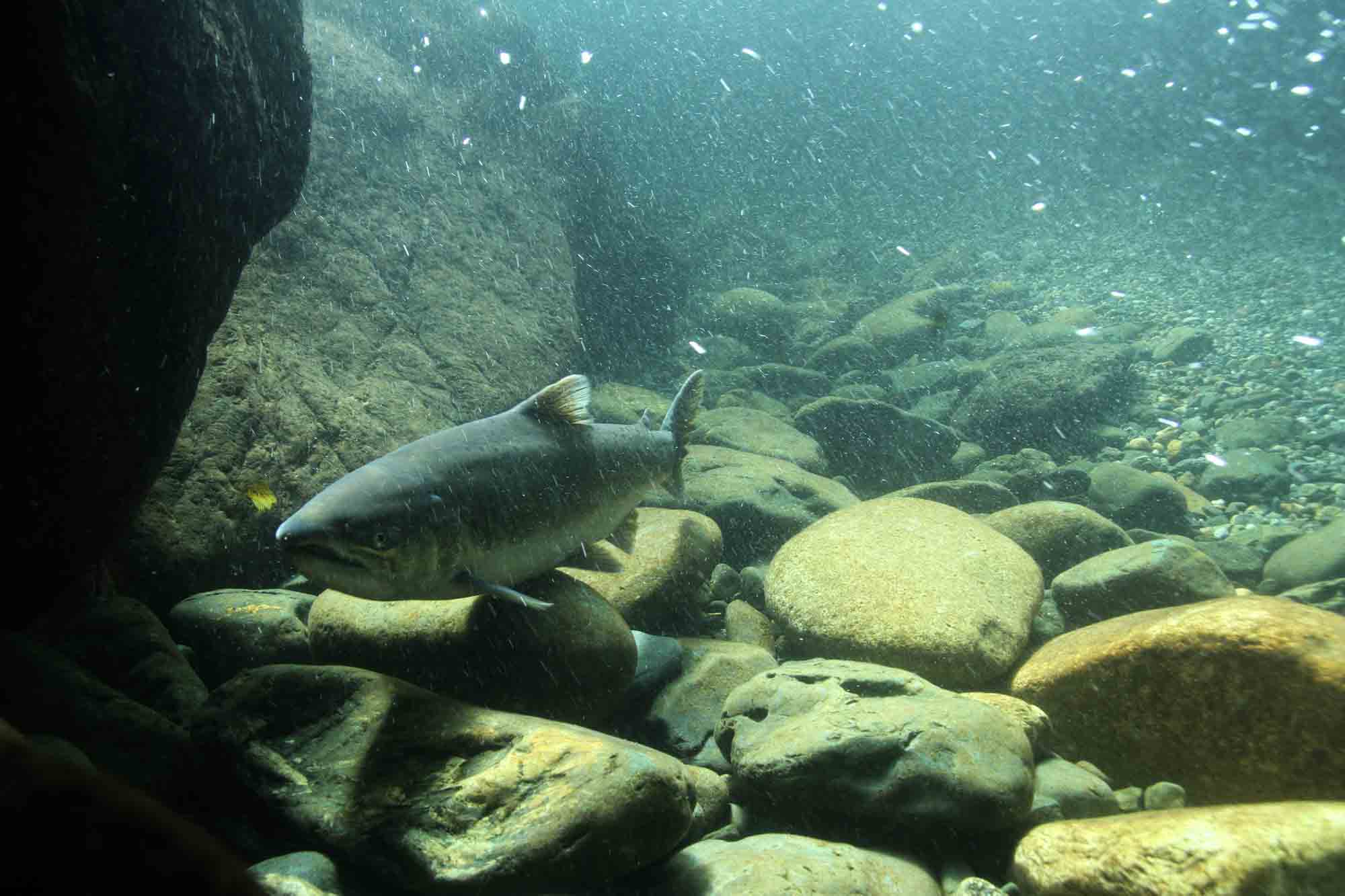State Water Board Proposes Allocation To Assist Fisheries

In many ways, California’s water wars have become a fish vs. farmers prizefight as to how the state will allocate Delta waters. Today, it appears fish were the beneficiary in the ring. Here’s more from the Sacramento Bee:
State regulators proposed sweeping changes in the allocation of California’s water Friday, leaving more water in Northern California’s major rivers to help ailing fish populations — and less for farming and human consumption.
By taking water from cities and farms and giving it to fish, the proposal by the State Water Resources Control Board’s staff likely will ignite a round of lawsuits and political fights. Critics already have said the board’s plan, which has been in the works for two years, will hurt the economy of the San Joaquin Valley in particular by constricting water for irrigation.
But the state board, in announcing the changes, said the water diversions are needed “to prevent an ecological crisis, including the total collapse of fisheries.” Board chairwoman Felicia Marcus called the proposal an attempt to “balance multiple valuable uses of water” between environmental needs and humans.
The report goes onto say that the board will formally vote on the proposed allocation later this year.
The Golden Gate Salmon Association was understably pleased by the decision and its potential impact on struggling fisheries like salmon in the Delta’s river watersheds. Here’s a statement from GGSA president John McManus:
“No one can deny we’ve heavily damaged the natural function and benefits of the rivers by over-diversion. Salmon runs in the three major San Joaquin River tributaries have fallen from 70,000 in 1984 to 8,000 in 2014. This has hurt fishing families and coastal communities. “
“Any proposal to increase water for fish is really a proposal to increase water for fishing families and communities downstream that rely on salmon. Most Californians don’t want to see our state rivers dammed and diverted to the point where everyone else downstream is left high and dry and driven out of business.”
“Basic fairness requires the upstream dam operators to share with others downstream that rely on the state’s natural resources historically provided by these rivers. The State Water Board has taken a historic first step to address this problem.”



